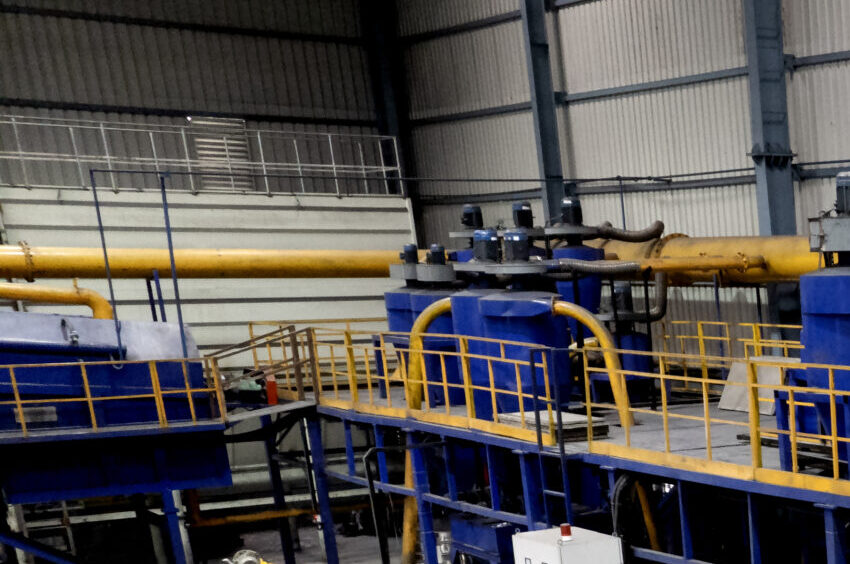Navprakriti Commissions Eastern India’s First Lithium-Ion Battery Recycling Plant

Facility supports PM Modi’s vision for a circular, self-reliant green economy
Navprakriti has begun operations at Eastern India’s first advanced lithium-ion battery recycling facility near Kolkata, marking a significant step in strengthening the country’s battery waste management and resource circularity ecosystem.
The plant’s commissioning comes as India faces a projected surge in end-of-life batteries driven by the rapid expansion of electric vehicles, renewable energy storage, telecom networks, and consumer electronics. Industry estimates suggest that India may need to recycle more than 1.2 million EV batteries annually by 2030, a figure expected to exceed 14 million by 2040.
Currently, recycling infrastructure in India is concentrated in the Delhi-NCR region, leaving much of Eastern India underserved. NavPrakriti’s new facility aims to fill this gap, serving key states such as West Bengal, Odisha, Jharkhand, Bihar, and Chhattisgarh.
The company said the plant aligns with Prime Minister Narendra Modi’s focus on sustainable development and the circular economy. Built on indigenous technology developed by the Centre for Materials for Electronics Technology (C-MET), the unit reflects the principles of Make in India and Atmanirbhar Bharat by prioritising domestic innovation over imported systems.
With an initial mechanical pre-treatment capacity of 1,000 tonne per month, scalable to 2,000 tonnes, the plant is currently processing end-of-life batteries from consumer products, telecom infrastructure, and industrial operations. Navprakriti is also working with battery manufacturers, OEMs, and bulk users under the Extended Producer Responsibility (EPR) framework to ensure steady material flows and compliance with recycling norms.
The facility recovers aluminium and copper, along with intermediate products containing nickel, cobalt, manganese, and lithium. The company plans to expand into hydrometallurgical refining for battery-grade materials and second-life applications for refurbished batteries.
Co-founder and Director Avnish Bagaria said the company’s mission extends beyond recycling to building a foundation for a circular and sustainable economy that strengthens local communities and industry.
The development follows the government’s Rs 1,500 crore scheme under the National Critical Mineral Mission, aimed at promoting domestic recycling capacity and reducing dependence on imported minerals. With the global battery recycling market projected to surpass USD 30 billion by 2030, initiatives such as Navprakriti’s plant are expected to play a central role in shaping India’s clean-energy value chain and advancing the country’s green industrial ambitions.

























































































































































































































































































































































































































































































































































































































































































































































































































































































































































































































































































































































































